Children have to be educated, but they have also to be left to educate themselves
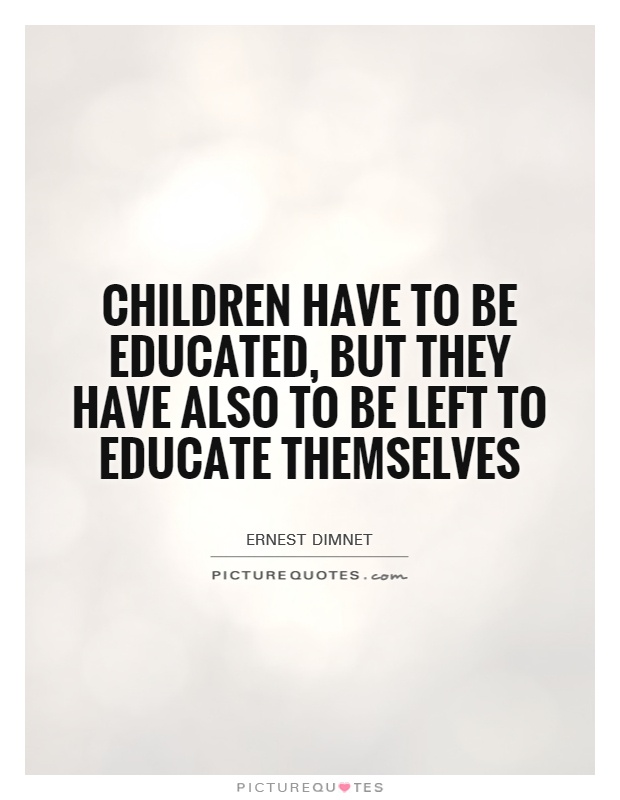
Children have to be educated, but they have also to be left to educate themselves
Ernest Dimnet, a French priest and writer, believed in the importance of education for children but also emphasized the need for children to be given the freedom to educate themselves. He understood that while formal education is essential for providing children with knowledge and skills, it is equally important for children to have the opportunity to explore and learn on their own.Dimnet believed that children have a natural curiosity and desire to learn, and that this innate drive should be nurtured and encouraged. He argued that children should be given the freedom to explore their interests and passions, and to learn through their own experiences and discoveries. This hands-on approach to learning allows children to develop critical thinking skills, creativity, and independence.
Dimnet also believed that children should be encouraged to think for themselves and to question the world around them. He believed that education should not be limited to the classroom, but should extend into all aspects of a child's life. Children should be encouraged to seek out new experiences, to read widely, and to engage with the world around them in order to develop a well-rounded education.
In today's fast-paced and technology-driven world, it is more important than ever to instill in children a love of learning and a sense of curiosity. By allowing children to educate themselves, we are empowering them to take control of their own learning and to become lifelong learners. This approach to education not only fosters a love of learning, but also helps children develop the skills they need to succeed in an ever-changing world.
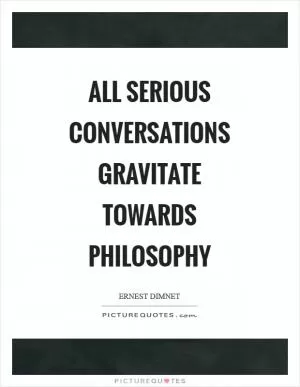

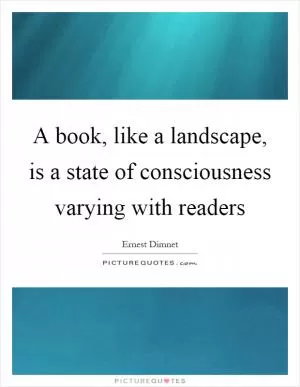
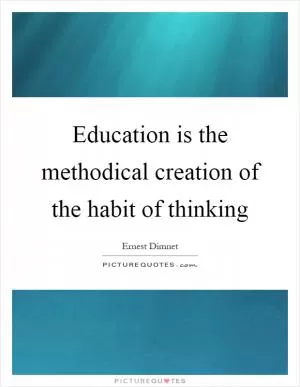


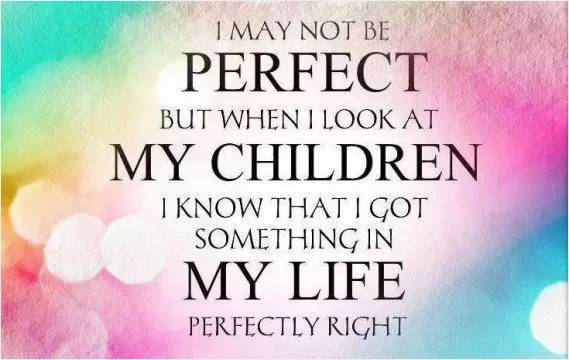

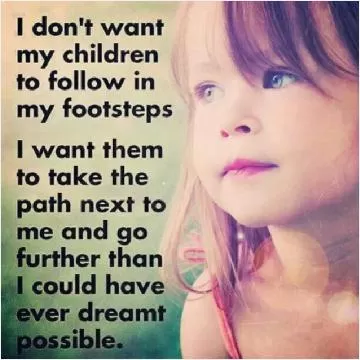
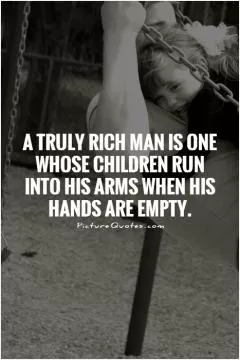
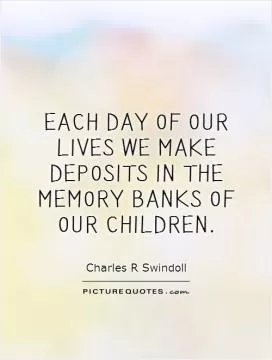

 Friendship Quotes
Friendship Quotes Love Quotes
Love Quotes Life Quotes
Life Quotes Funny Quotes
Funny Quotes Motivational Quotes
Motivational Quotes Inspirational Quotes
Inspirational Quotes